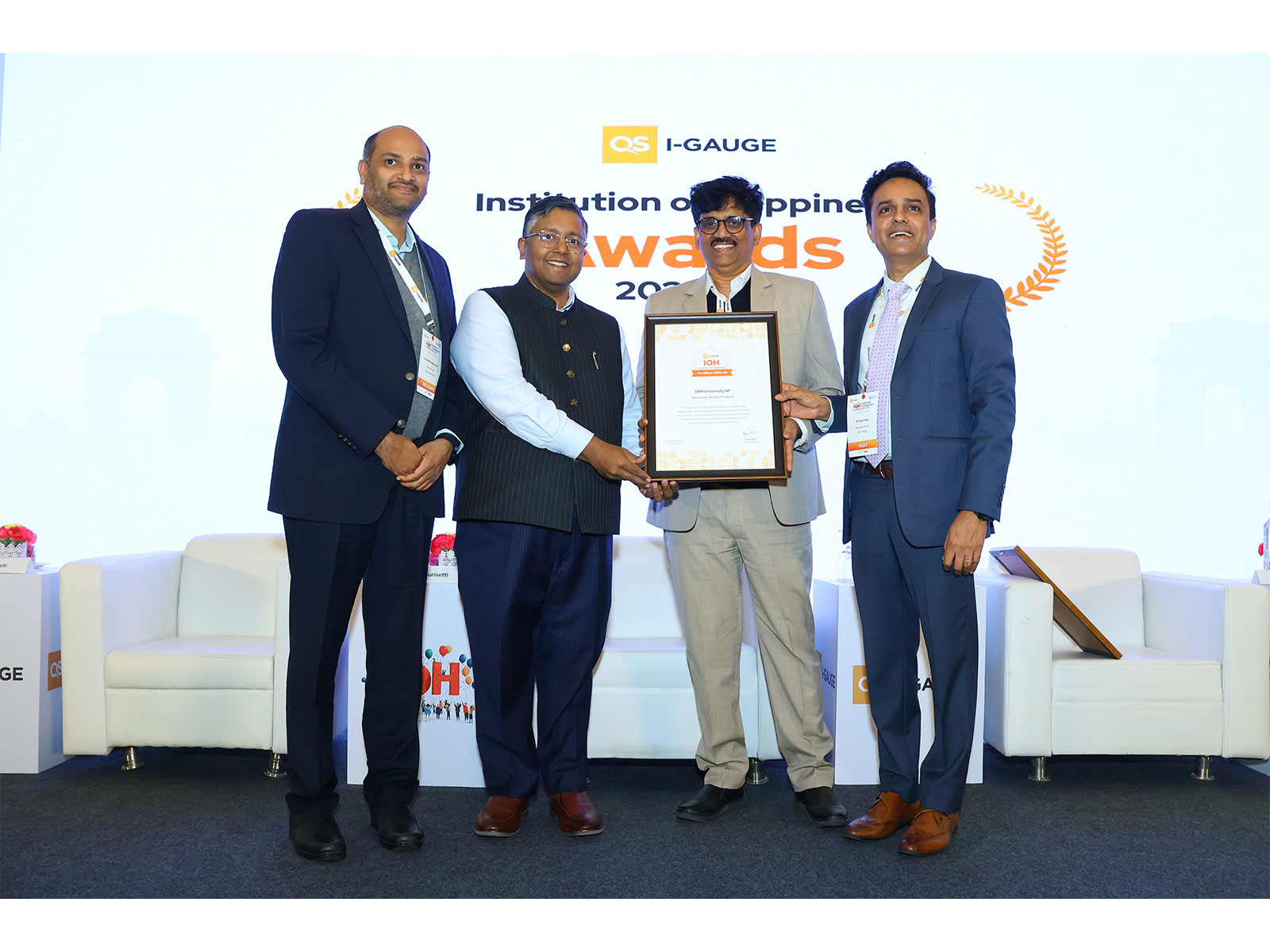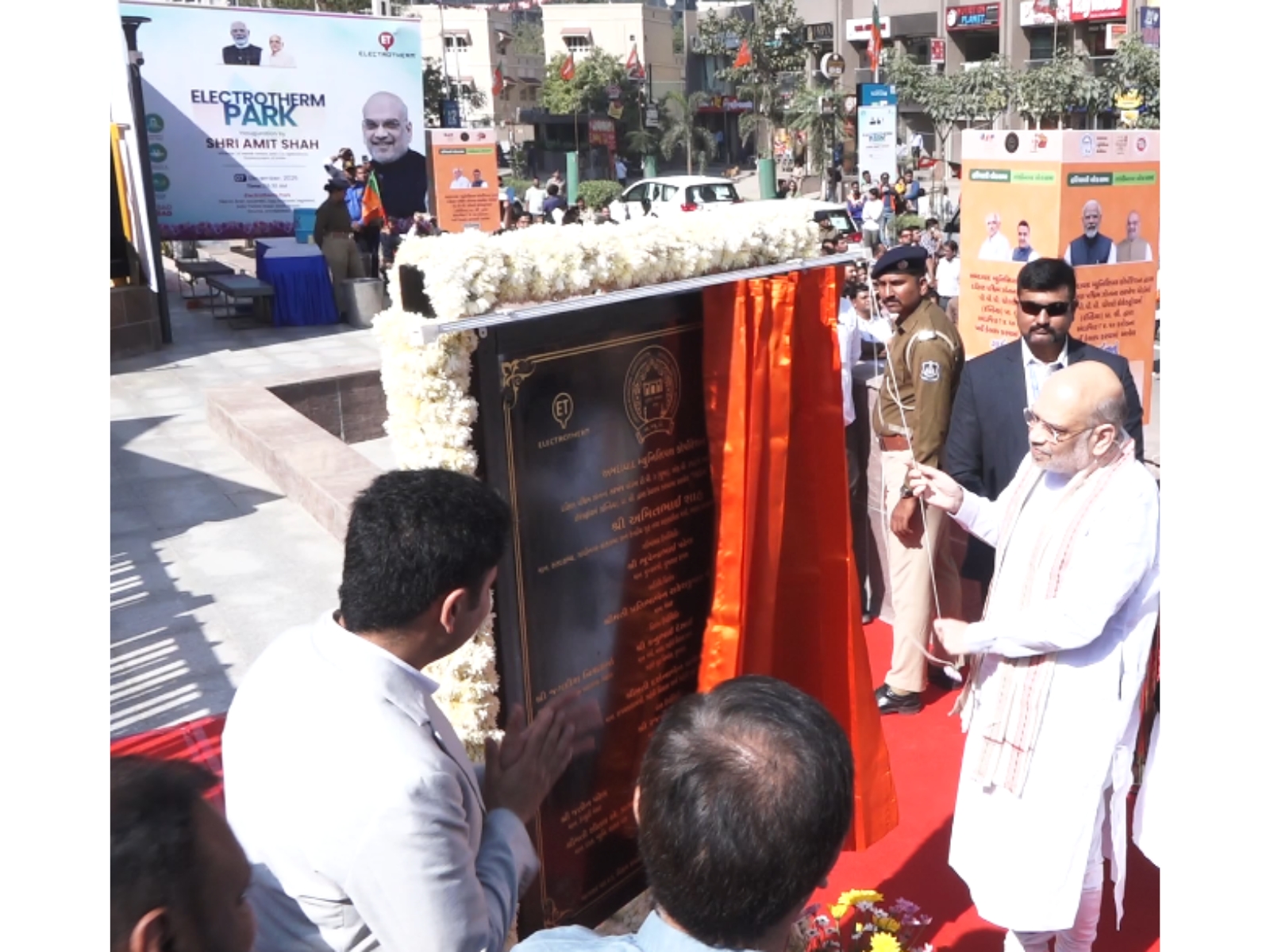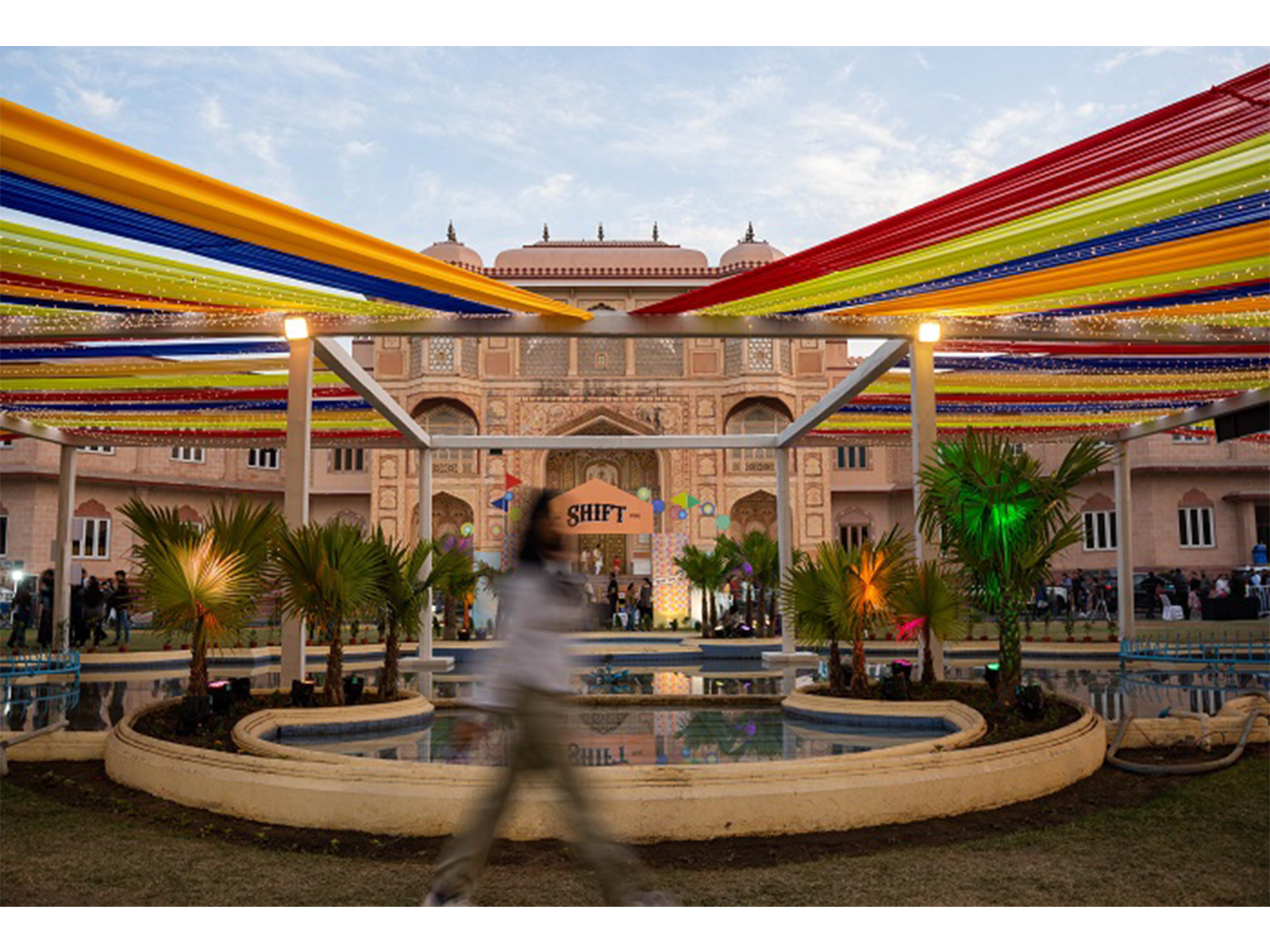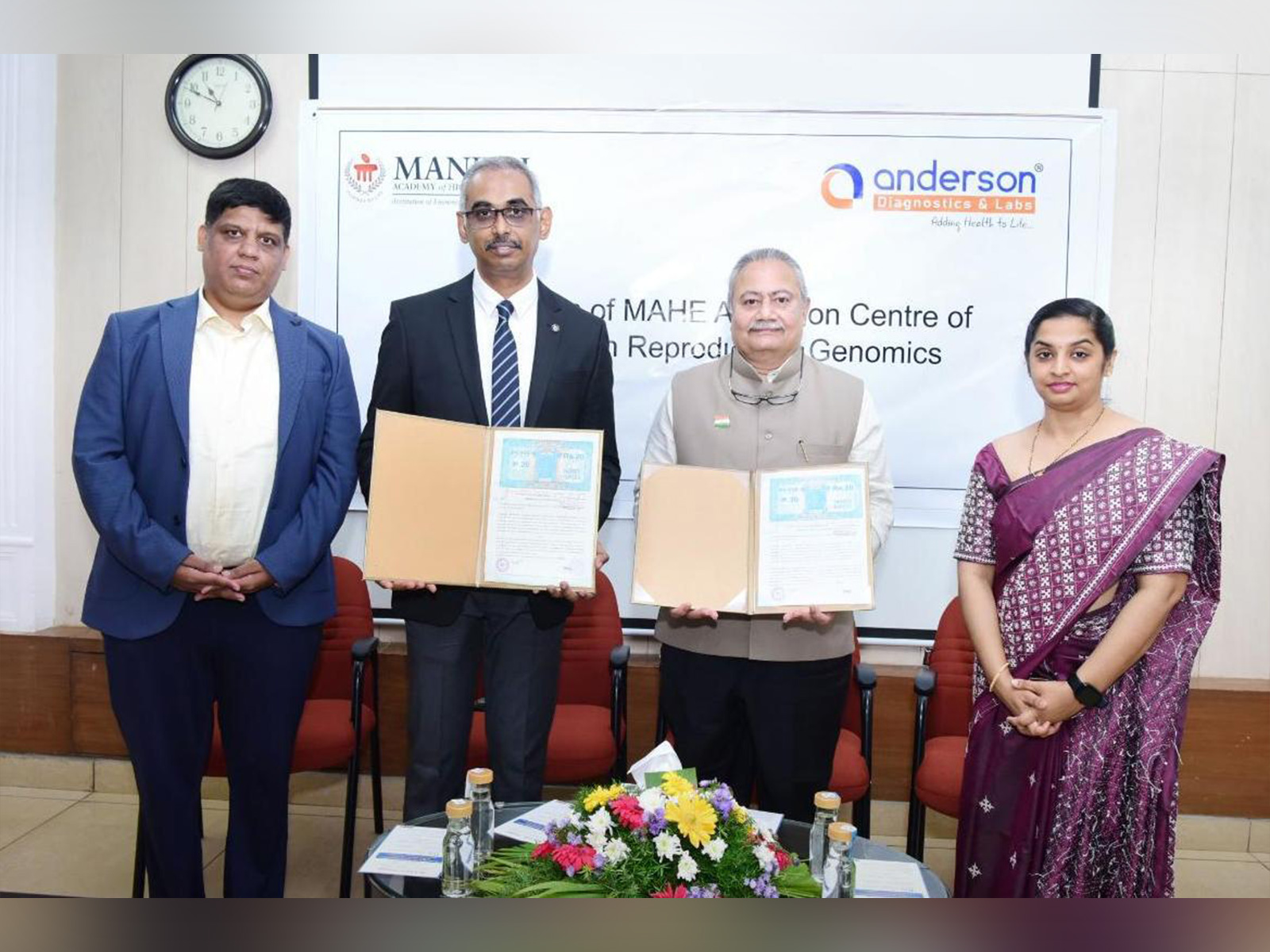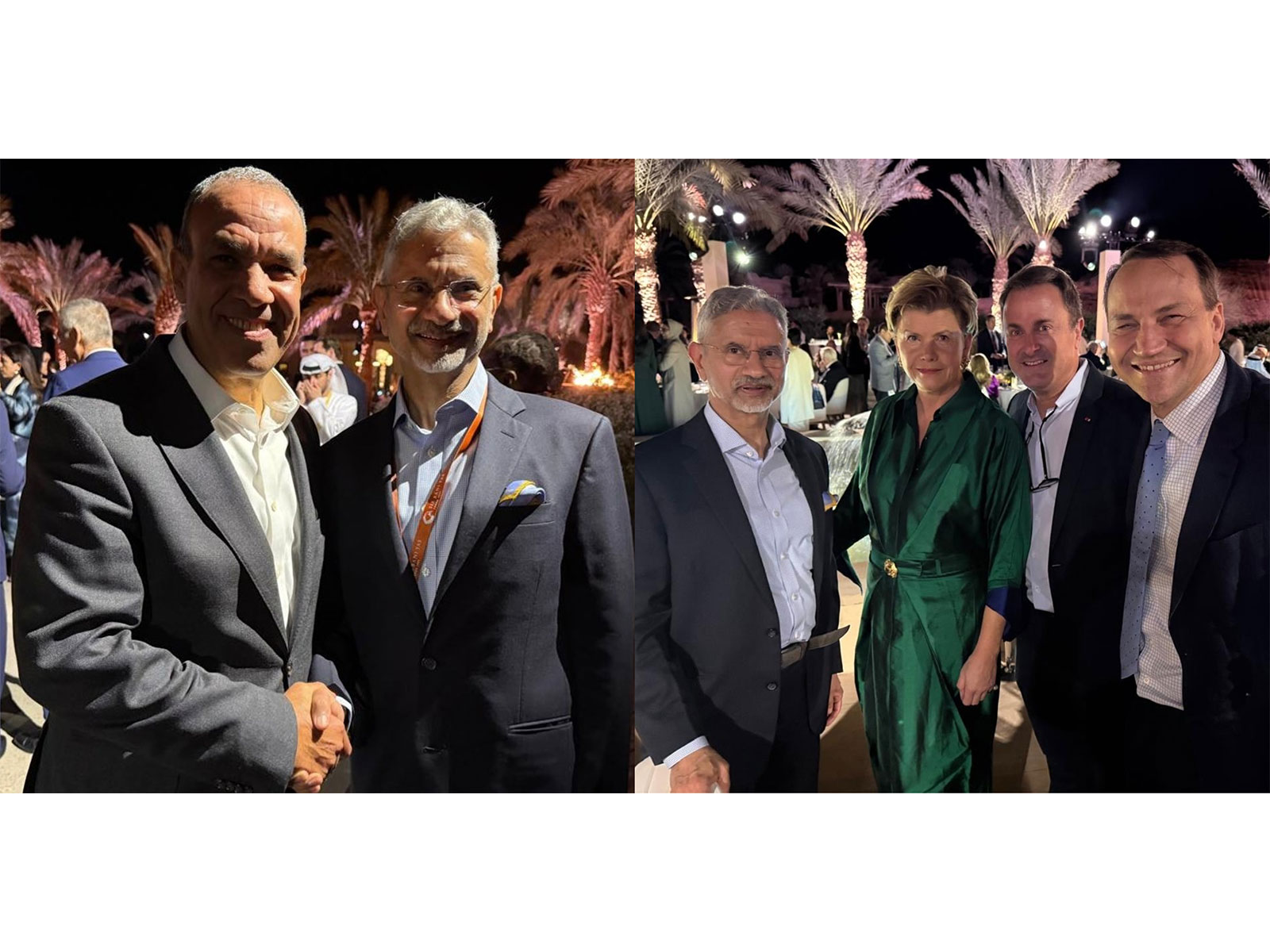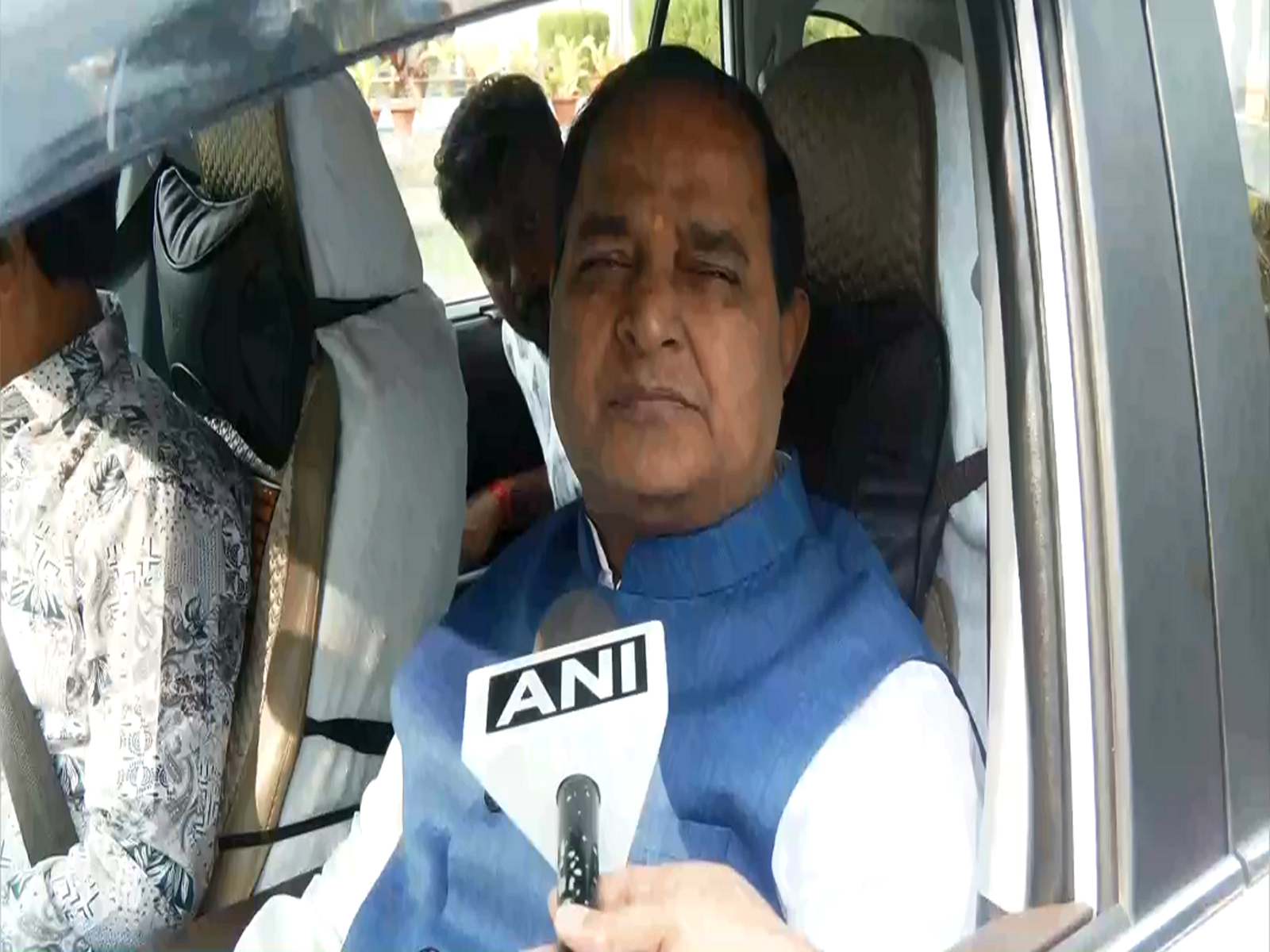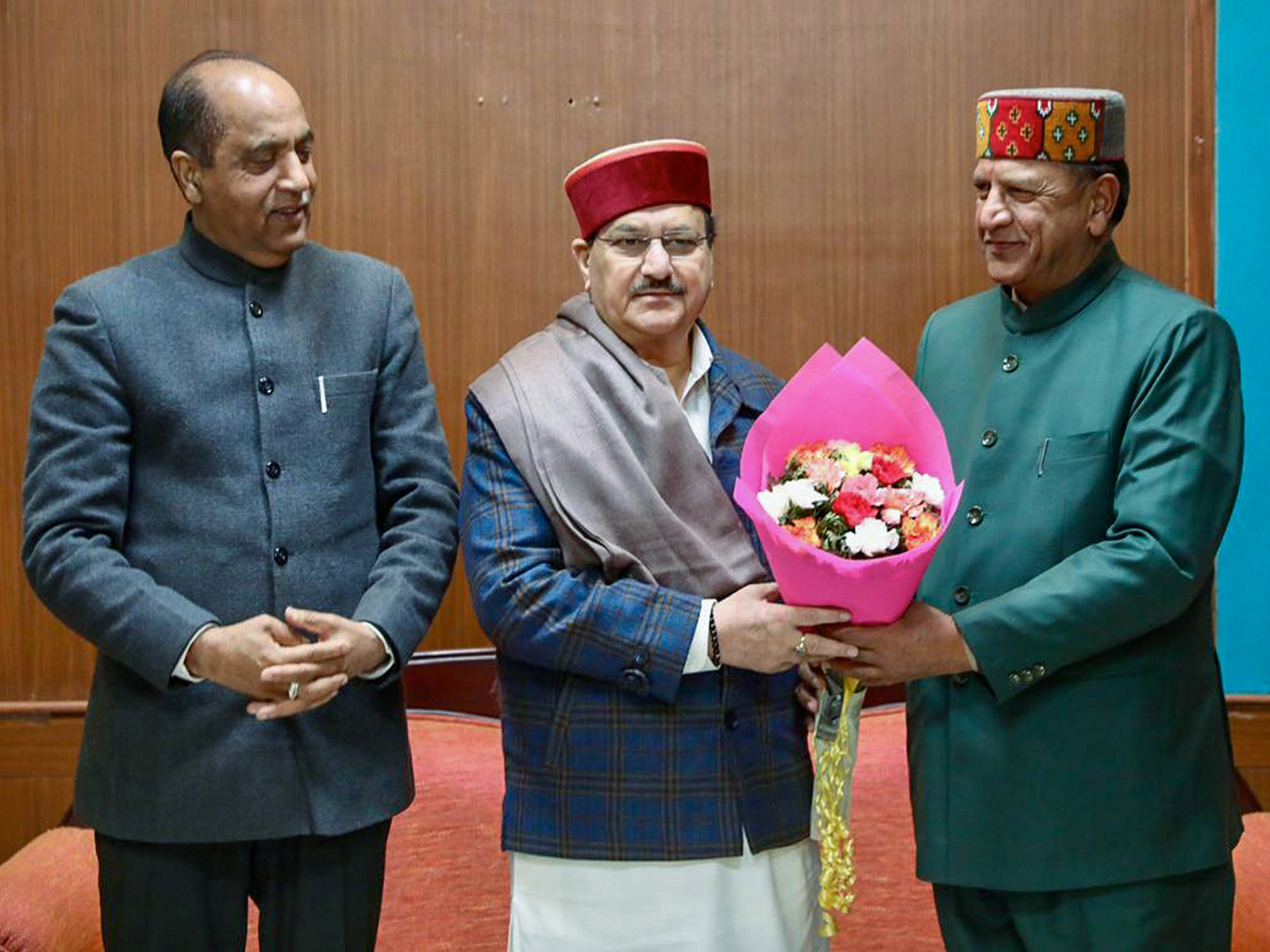India must continue reforms, strive to create industrial revolution: Gurcharan Das
Apr 17, 2024

New Delhi [India], April 17 : Emphasising the importance of keeping up the reforms momentum, noted author and economist Gurcharan Das has praised the central government for reforms such as the Goods and Services Tax (GST), which gave the country a unified tax structure, and the production-linked incentive or PLI scheme for manufacturing.
In a conversation with the Foundation for Economic Development (FED), Das suggested that the government must continue on the path of reforms and strive to create an industrial revolution.
Das was in conversation with Rahul Ahluwalia, founding director at the Foundation for Economic Development (FED) for the third episode of FED Dialogues, a series featuring conversations about the many perspectives on India's economic growth.
"It is now 30 years since the reforms began. In this period, India has grown at almost 6 per cent annually on average. For a democracy, especially an argumentative, feisty democracy such as ours, it is unprecedented in the world. So, we should be very proud of this growth. However, the reality is, and this is where we have failed, we have not created the jobs and an industrial revolution," said Das, adding that India has had incremental and "frustratingly slow" reforms and this has added up.
Today, with improved road mileage, port handling capacity, a robust digital infrastructure, and absence of measures such as 'quotas' on production that curtailed the growth of private enterprise, India is in a much better position to follow the model of the Asian Tigers - Hong Kong, Singapore, South Korea, and Taiwan - of prioritising the production and export of low-tech, labour-intensive manufactures, he argued.
Das further highlighted the need for much-needed reforms in land acquisition, implementation of labour codes, and farm laws.
"No matter who forms the government in 2024, these reforms must be the priority. As a result of the reforms in the '90s, India has pulled 400 million people out of extreme poverty. The middle class has grown from 10 per cent of our population to 30 per cent today. If we do these reforms, it will help India grow the middle class's share to 50 per cent of our population, at par with China."
On the reforms being undertaken today to incentivise labour-intensive manufacturing, Das praised the government's PLI scheme.
"It's a good idea. Generally, I'm very wary of industrial policy like that. But we have had success with cell phones, and their export will grow exponentially. Similarly, it will happen with laptops and other consumer electronics items. So, we should continue to reward labour-intensity without making the company uncompetitive."
"For a company, very often, it's a close call - should we hire more people, or should we buy the latest machine? We need to create large companies who are exporters."
Further, if he were in the place of the prime minister, he said he would have asked big corporates to make huge factories, which employ hundreds and thousands of people.
"If I were Mr. Modi, I would tell Adani, Ambani, and all the big guys to make huge factories, which employ hundreds and thousands of people. That would be the way to do it. The PLI schemes should also have a sunset clause on tariffs, so we're not going to treat domestic manufacturers as 'infant industry' forever. After 5-6 years, the tariffs will come down to global levels so that India can join the global supply chain," he said.
Gurcharan Das is an author, management guru and thought leader. He was CEO, Procter and Gamble India and later Managing Director, Procter & Gamble Worldwide (Strategic Planning).
He has authored many critically acclaimed books, including a trilogy based on the classical Indian ideal of life's goals: India Unbound, The Difficulty of Being Good, and Kama: The Riddle of Desire.
